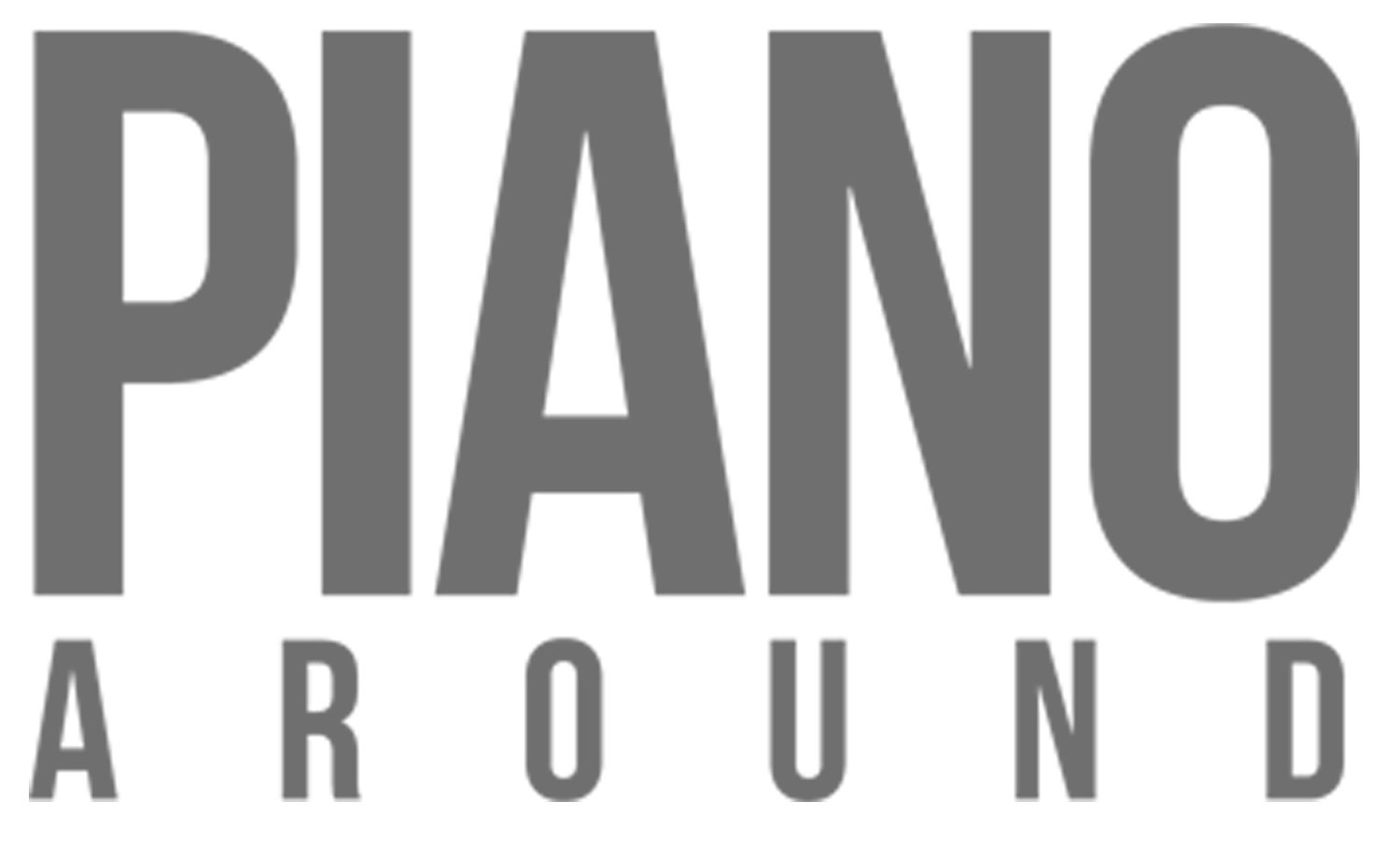While we know that Einstein grew up in a household were music was highly valued, and as a child and adult he dearly loved playing the violin and the piano, the exact correlation between practicing and learning a musical instrument and an uptick in intelligence was relatively unknown until recently.
Researchers at the Laboratories of Cognitive Neuroscience at Boston Children’s Hospital published the findings of their study in September of 2015. They set out to answer questions about the differences between the cognitive function of children with years of musical training, and children who have not taken any music lessons.
This study is groundbreaking because the researchers took extra measures to eliminate factors related to socioeconomic conditions, IQ, parental education, and parental job status. They really wanted to hone in on the effects of musical training on the participant’s brain function. Using functional MRI results from a battery of cognitive tests, the scientists concluded that the musically trained children demonstrated advanced executive functioning in several areas. Their fMRI scans showed higher activity in the supplementary motor area of the prefrontal cortex, the right ventrolateral prefrontal cortex, and the pre-supplementary area during a portion of the test that asked them to switch between mental tasks.
Executive functioning is a strong indication of future academic success. So while many schools cut funding for music programs, studies like this one may provide a way to help make those programs a priority. There’s also a case to be made for using musical training to help kids who have problems with executive functioning, which is often associated with ADHD symptoms. The therapeutic use of music is well documented, and studies like the one conducted at Boston Children’s Hospital provide solid proof that learning to play the piano, or any musical instrument, improves the kind of brain function that paves the way for future success.
Learning exactly how to break down a difficult piece of music in to more manageable pieces, learn them individually, and then stitch the piece together to eventually become proficient gives pianists an opportunity to learn a skill in a way that can’t be replicated in any other situation. This skill teaches the pianist to break down big problems into smaller chunks; an important executive function that does not come naturally to most people.
Most high functioning and successful people understand that their performance always improves with practice. But to learn this first hand as a young person by experiencing it through practicing the piano with the intent of becoming proficient creates patience, persistence, and perseverance where there may otherwise be unending frustration.
Einstein’s mom was an accomplished musician who introduced her son to the violin when he was just six years old. As an adult, he used music as a way to process his thoughts about science. His wife Elsa said, “As a little girl, I fell in love with Albert because he played Mozart so beautifully on the violin. He also plays the piano. Music helps him when he is thinking about his theories. He goes to his study, comes back, strikes a few chords on the piano, jots something down, returns to his study.” Perhaps the improvisation young Einstein was so well known for in school served his mind in more than one way.
SOURCES:
2 Sep 2015: Zuk J, Benjamin C, Kenyon A, Gaab N (2015) Correction: Behavioral and Neural Correlates of Executive Functioning in Musicians and Non-Musicians.
http://journals.plos.org/plosone/article?id=10.1371/journal.pone.0099868
Einstein and his love of music
http://www.pha.jhu.edu/einstein/stuff/einstein&music.pdf


